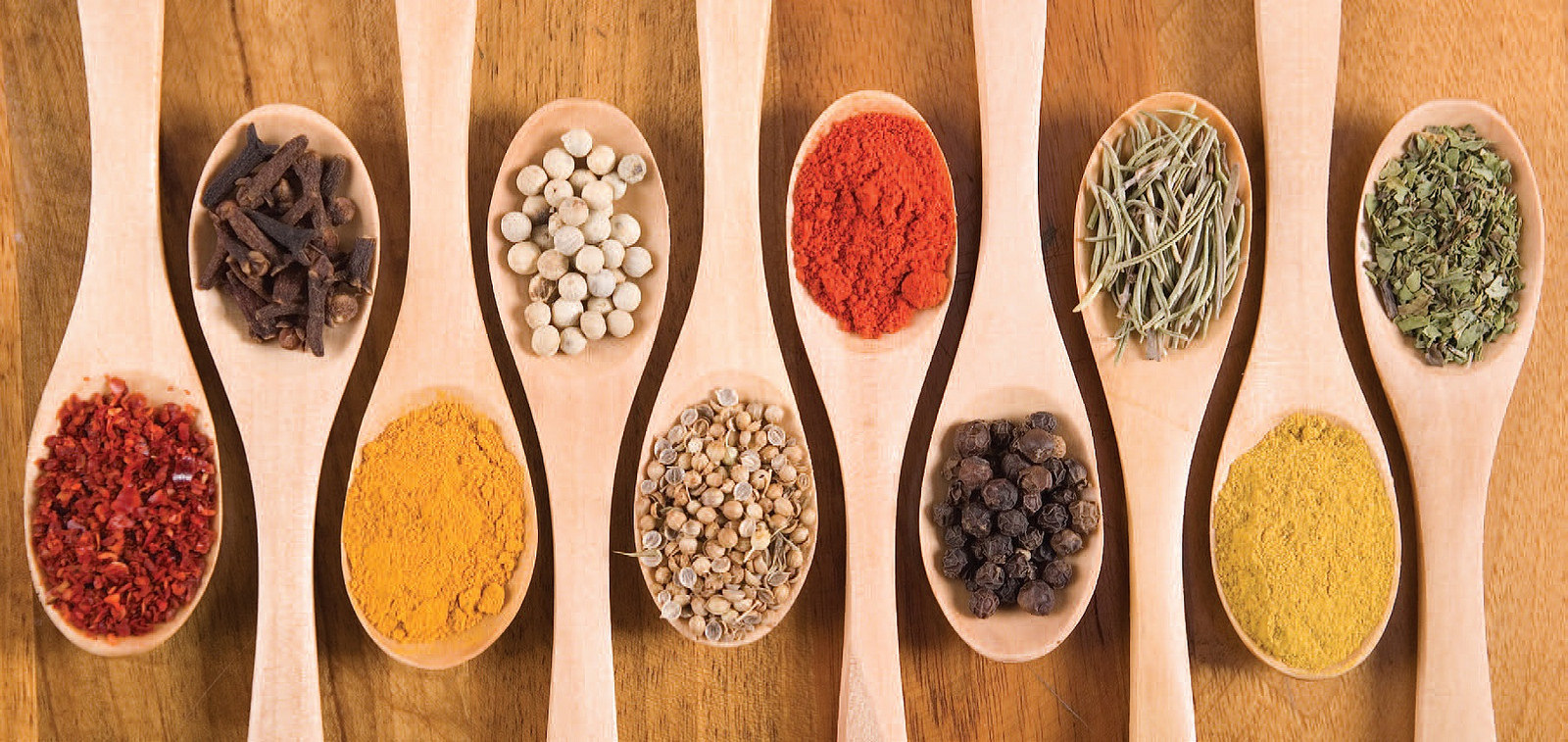On World Food Day, Celebrating the Power of Regenerative Organic Farming
Author: Deidre Fulton
As environmentalists, humanitarians, and farmers from around the globe celebrate the 35th annual World Food Day on Friday, sustainability advocates are heralding the capacity of organic regenerative agriculture and agroecology to address wide-ranging challenges from climate change to public health to hunger.
“On this World Food Day we face two interlinked planetary challenges: to produce enough food for all people and to sequester enough carbon in the soil to reverse climate change,” said Tom Newmark, co-founder of The Carbon Underground, on Friday.
“Agroecology is political; it requires us to challenge and transform structures of power in society. We need to put the control of seeds, biodiversity, land and territories, waters, knowledge, culture and the commons in the hands of the peoples who feed the world.”
—Report of the International Forum of Agroecology at the Nyeleni Center, Mali.
Newmark made his statements at a Washington, D.C. press conference hosted by the nonprofit organization Regeneration International and featuring a panel of 10 international experts on organic agriculture, carbon sequestration, and world hunger.
“There is one solution for those challenges: regenerative organic agriculture,” he continued. “We can no longer afford to rely on chemical farming, as the use of synthetic fertilizers, herbicides and pesticides has destroyed soils worldwide and rendered them unable to rebuild soil organic matter.”
What’s more, as author, activist, and panel participant Vandana Shiva wrote in an op-ed on Friday, “For all the destruction it causes, the industrial food system produces only 30% of the food eaten by people. If we continue, we will soon have a dead planet and no food.”
However, she pointed to “another road to food security. The road that was abandoned by research institutes and governments under the influence of giant chemical corporations (now seed and Biotechnology Corporations). This is the road of agroecology and small scale farming, which still produce 70% of the food.”

